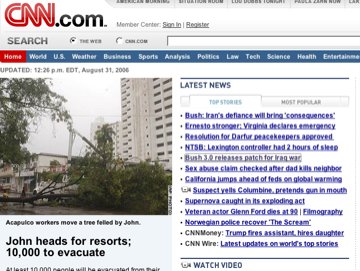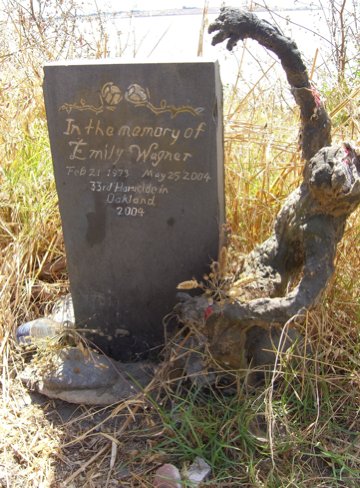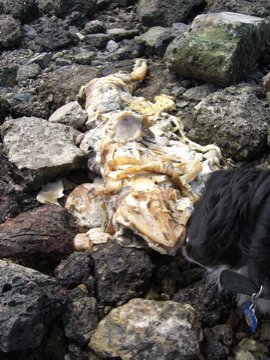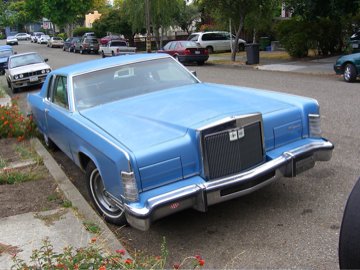The esteemed Writer’s Almanac mentioned Saturday that August 26 was the 86th anniversary of the ratification of the 19th Amendment, which gave women the vote throughout the United States (according to a Smithsonian Institution essay, 11 states had already enacted full or partial women’s suffrage before the federal amendment was passed). The Writer’s Almanac threw in a few details about the event — the secretary of State, Bainbridge Colby, signed the ratification proclamation, that he did it at home and virtually in private in order to stay clear of a feud between factions of the women’s suffrage movement. I hadn’t read any of that before and found it interesting. Although he apparently didn’t want any truck with the activist women, he was apparently quite expansive with reporters on the day of the signing. The Writer’s Almanac quotes him as saying, “I turn to the women of America and say: ‘You may now fire when you are ready. You have been enfranchised.’ ”
If that sounds familiar, it’s no accident: ‘Fire when ready’ is a near-verbatim lift from Commodore Dewey’s instructions to one of his officers at the 1898 battle of Manila Bay. In 1920, those words must have had a lot more immediacy than they do now, so maybe Colby spoke assuming everyone who read those words would understand just what he meant. I don’t quite get it, though: Ladies, you may fire when you are ready. Upon whom are they supposed to train their guns? Colby and his like?
I went looking for a more complete version of the quote, and found it in another blog: the complete text of the New York Times story that appears to serve as much of the source of the Writer’s Almanac account. Here’s Colby’s Dewey quote as the Times gave it:
” ‘You remember,’ he continued, ‘the simple way in which the late Admiral Dewey went about the opening of his battle at Manila Bay, how he waited until morning to enter Manila Bay, went up on deck, wiped the egg stains of breakfast from his moustache, observed the disposition of the enemy’s ships and of his own, which had crossed the mines during the night, and then taking out a cigar, turned to one of his Captains and said,”‘When you are ready, you may fire, Gridley.” So I turn to the women of America and say: ‘You may now fire when you are ready. You have been enfranchised.’ ”
Reading the whole quote, it’s clear that Colby was rather taken by the parallel between himself and Dewey. The women? They were incidental to the part he was playing. In fact, the article makes Colby sound like someone who was still working on a fully stocked and, thanks to the 18th Amendment, completely illegal liquor cabinet.
The Times account also straightfacedly reports Colby’s praise for his boss, Woodrow Wilson, as one of the great supporters of women’s suffrage: “There never was a man more deeply or profoundly convinced of the justice of the suffrage cause than Woodrow Wilson. And there never was a party leader who held his party with more stern, austere and unbending insistence to the performance of a duty dictated by high principle.”
Interesting, then, to read the Smithsonian article’s account of the president and the suffragists: that when women met with him just after he took office in 1913 and asked him to support action on an amendment, “Wilson replied–none too brilliantly–that the suffrage issue had never before been called to his attention and that he did not know where he stood.” For years afterward, Wilson refused to lift a finger to move the amendment forward and eventually ordered the arrest of militant suffragists picketing the White House (the Smithsonian piece says the president was especially sensitive to banners that quoted his own rhetoric. Alice Paul, the founder of the National Woman’s Party, was arrested carrying a sign that said, “THE TIME HAS COME TO CONQUER OR SUBMIT. FOR US THERE CAN BE BUT ONE CHOICE. WE HAVE MADE IT” — a statement Wilson made in reference to Germany in World War I.








